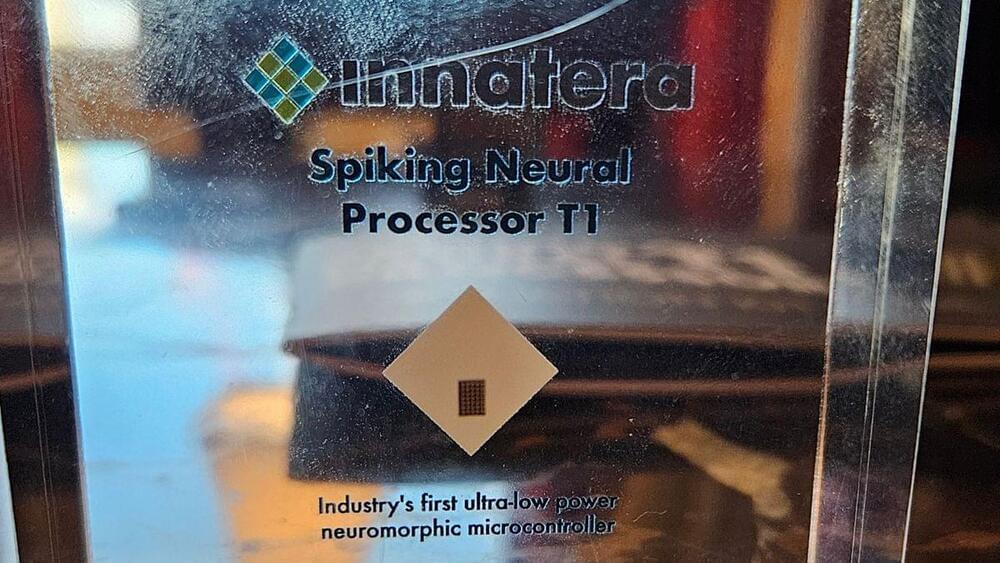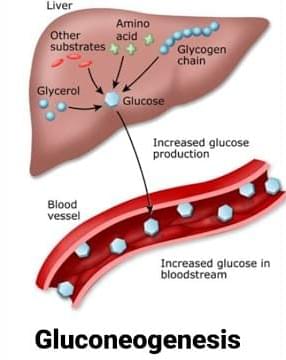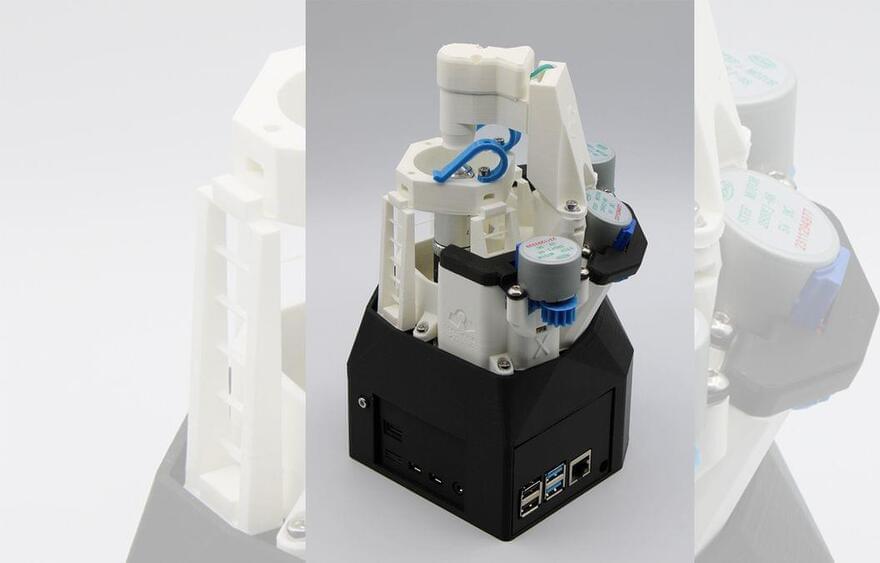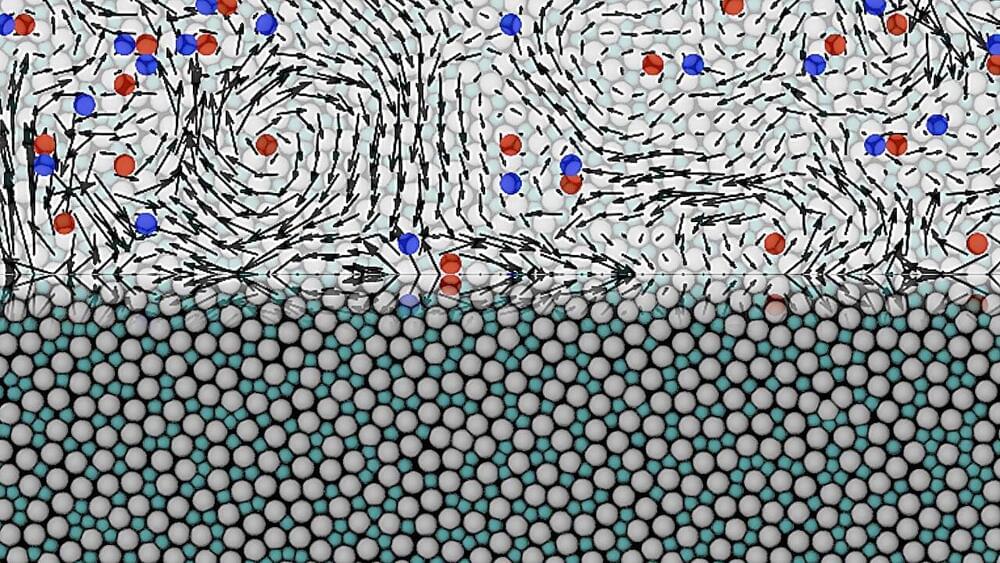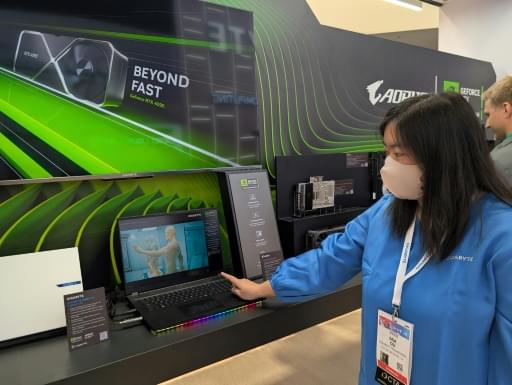But the Spiking Neural Processor T1 should drastically slash the power consumption of future smart devices.
It works by analyzing sensor data in real time to identify patterns and potentially clean up the data coming out of the sensors — and no internet connection would be required.
The device is a neuromorphic processor — meaning its architecture is arranged to mimic the brain’s pattern-recognition mechanisms. To draw an analogy, when you sense something — whether it’s a smell or a sound — different collections of neurons fire to identify it.
